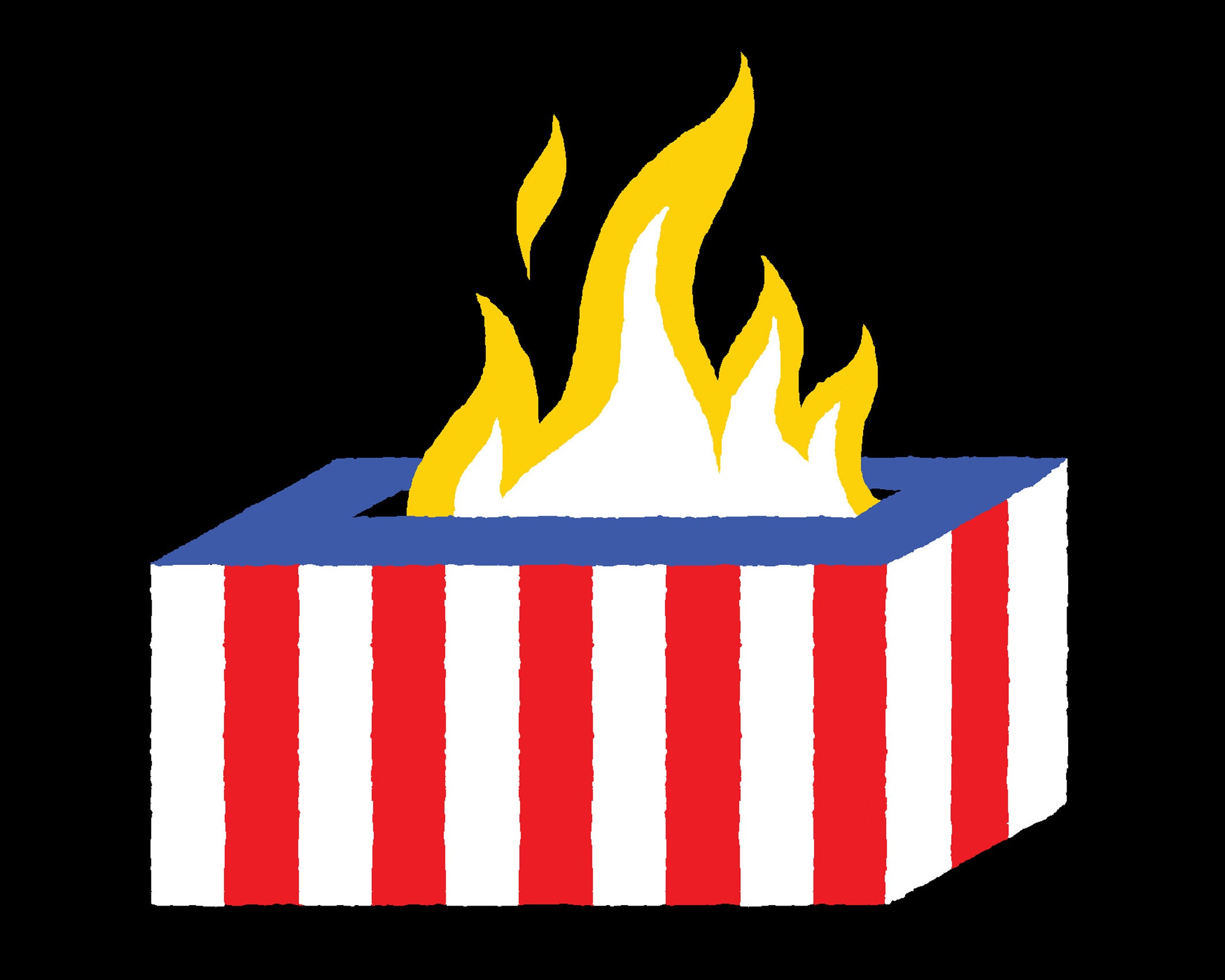The upcoming presidential election feels outsized and unprecedented, and in some ways—particularly in the confluence of public health, racial justice, economic, and environmental crises facing the nation—it is unlike any election we’ve experienced. At the same time, the election has its thematic parallels and predecessors, too, say a number of Harvard professors, who spoke to the Bulletin before the passing on Sept. 18 of U.S. Supreme Court Justice Ruth Bader Ginsburg ’56-’58 and President Trump’s COVID-19 diagnosis.
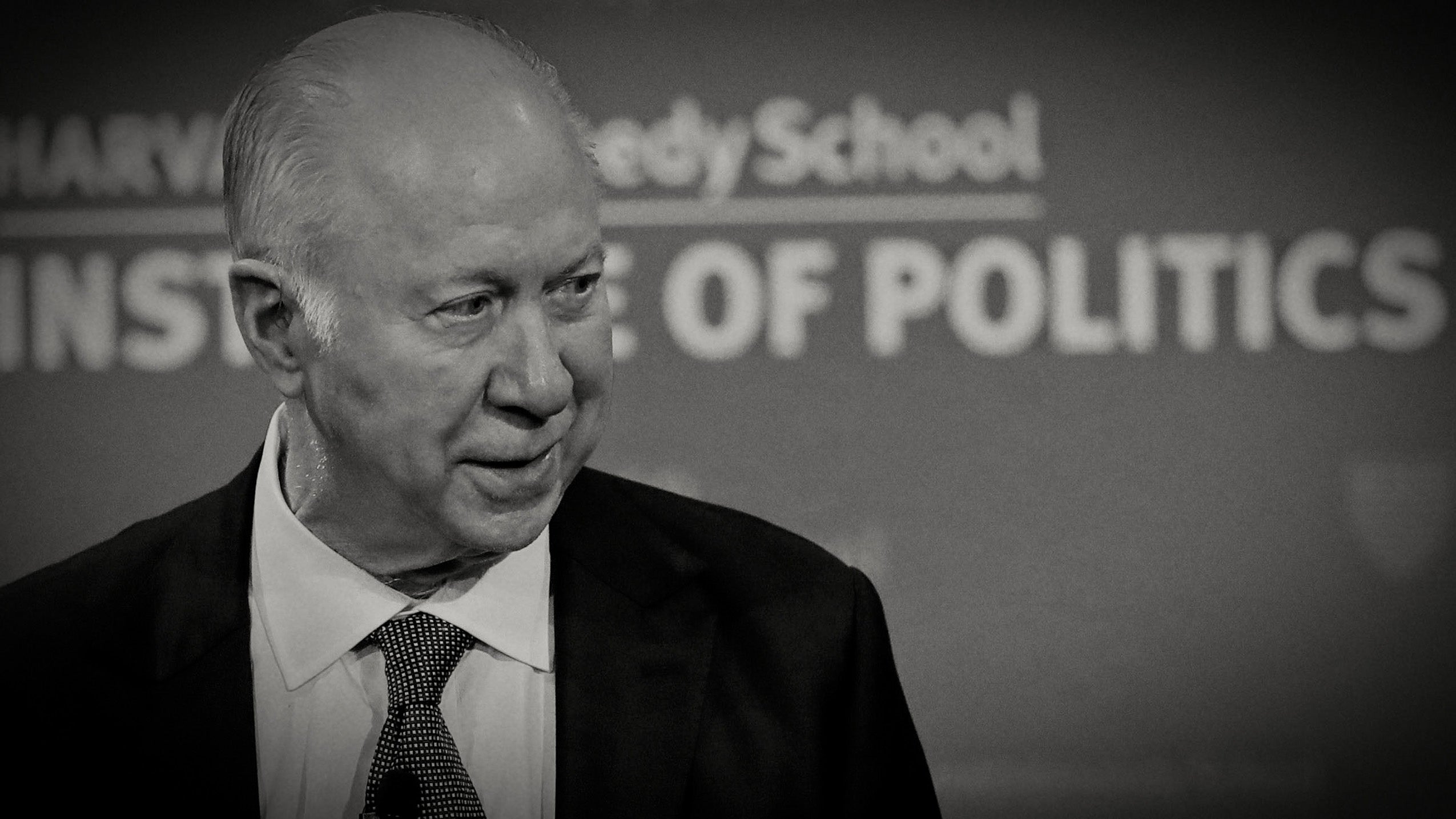
Unfortunately, the comparisons are generally bleak. David Gergen ’67, professor of public service and founding director of the Center for Public Leadership at the Harvard Kennedy School, describes a general sense among voters of being in “an engulfed crisis, that the bottom is falling out in our society.” He adds, “I don’t think we’ve seen anything this severe in terms of threat and anxiety since the Great Depression.” But the Great Depression was essentially an economic crisis, he notes, while the current era is characterized by multiple crises in different areas, ranging from a global pandemic to multiple environmental disasters.
“I don’t think we’ve seen anything this severe in terms of threat and anxiety since the Great Depression.”
—David Gergen
That prompts Gergen to reach further back for analogies, including to the elections of the mid-19th century. This election may be the most “poisonous and divisive in the United States since the 1850s,” he says. “And, of course, we didn’t do very well trying to pull ourselves back together there. We had a massive civil war, and society really did almost come apart.” He is also quick to add, however, that this country also “has a history of being resilient.”
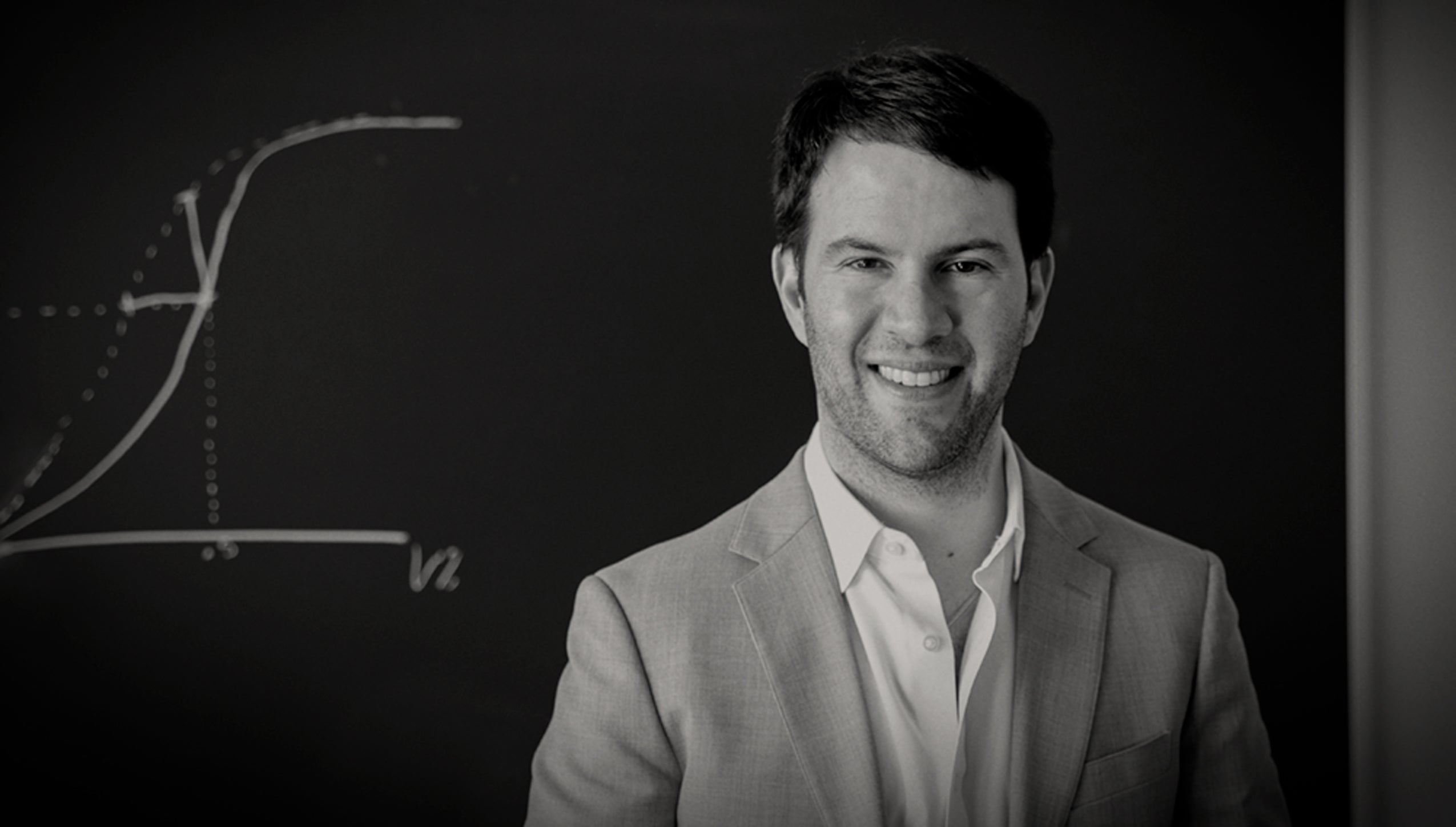
“I have next to no doubt that if there’s a plausible legal argument to be made for Republicans holding on to power, this Supreme Court would embrace that argument.”
—Nicholas Stephanopoulos
HLS Professor Nicholas Stephanopoulos sees “eerie resemblances” between this election and those of the late 19th century, a period characterized by great income inequality and political polarization. According to Stephanopoulos, the presidential elections of the Gilded Age were, like today, dominated by discussions of fraud, election-rigging and purported efforts to manipulate the electoral rules to benefit a particular party. In those years, he says, Democrats used violence and fraud to run up Democratic totals.
The parties are very different now, as are the tactics and mechanisms they are accused of using to manipulate and suppress votes. Stephanopoulos cites, for example, lawsuits in multiple states that target laws allowing mail-in ballots, early voting, and ballot drop-off boxes on the grounds that they enable fraud and therefore dilute the value of legitimately cast ballots. Though courts will have to resolve the competing claims made in this litigation, such suits, largely brought by the Trump campaign and its supporters, would, if successful, effectively suppress votes by increasing the burden of voting in person on Election Day, says Stephanopoulos.
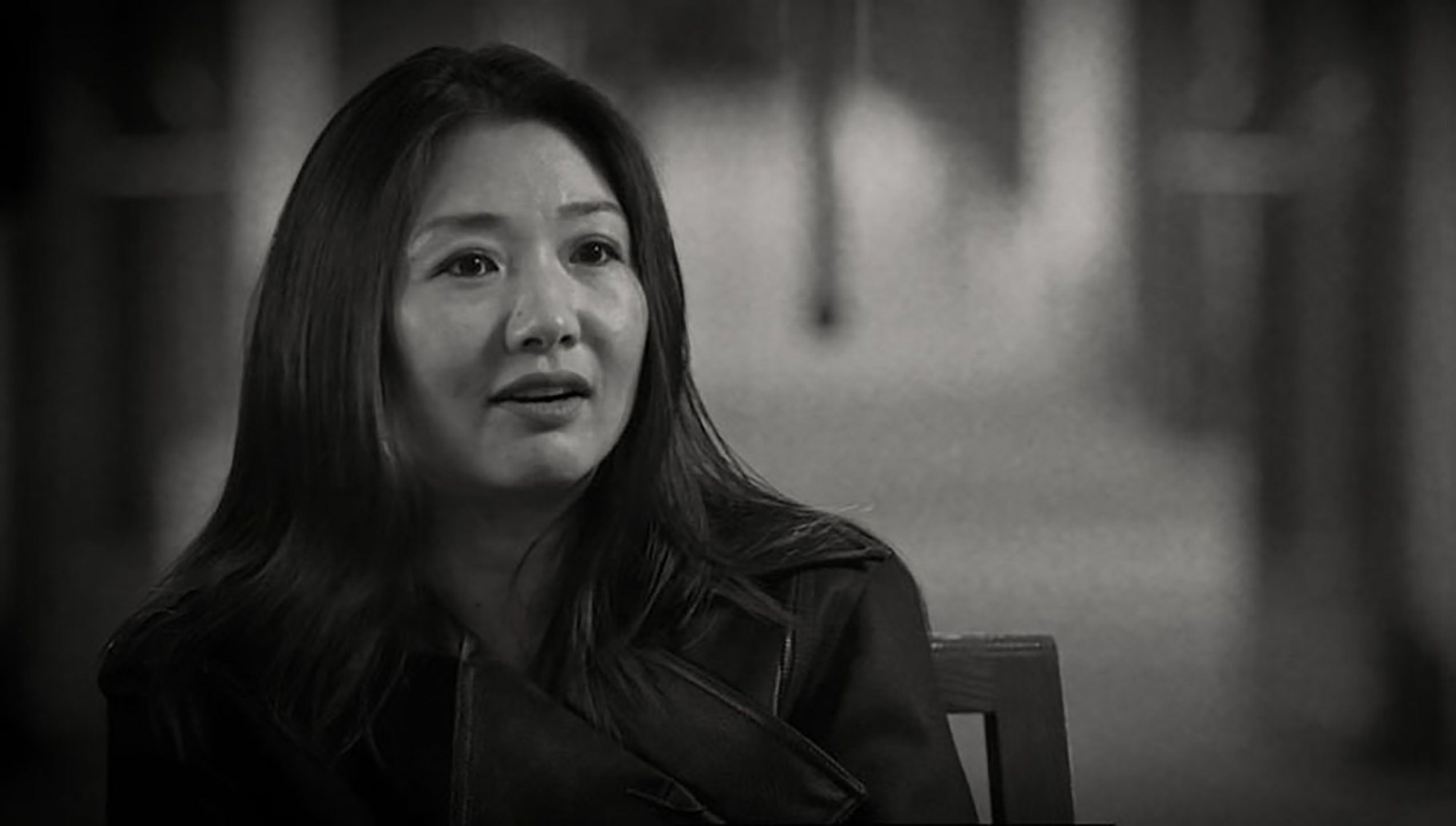
The parties are very different now, as are the tactics and mechanisms they are accused of using to manipulate and suppress votes. Stephanopoulos cites, for example, lawsuits in multiple states that target laws allowing mail-in ballots, early voting, and ballot drop-off boxes on the grounds that they enable fraud and therefore dilute the value of legitimately cast ballots. Though courts will have to resolve the competing claims made in this litigation, such suits, largely brought by the Trump campaign and its supporters, would, if successful, effectively suppress votes by increasing the burden of voting in person on Election Day, says Stephanopoulos.
One way this year could inspire electoral déjà vu is if the election winds up drawn-out, contested and heavily litigated, just as it was in 2000. If that happens, the election could, as in Bush v. Gore, ultimately wind up in the hands of the Supreme Court. In an interview before Justice Ruth Bader Ginsburg’s death left just three Democratic-appointed justices on the Court, Fried said he believes that the results of such a contest have been foreshadowed by the Court’s jurisprudence over the last decade.
For one example, Fried points to the Court’s 2019 split decision in Rucho v. Common Cause. There, the Court held that while partisan gerrymandering may be undemocratic, the issue is political, not legal, and therefore cannot be adjudicated by federal courts. Although Rucho ultimately left in place gerrymandering that had benefited the Republican Party in North Carolina and the Democratic Party in Maryland, Fried believes that the decision was more political than doctrinal, as a hands-off approach to gerrymandering at this point in history generally hurts Democrats.
Stephanopoulos agrees with Fried that in a Supreme Court showdown, President Trump would very likely win the day. “I have next to no doubt that if there’s a plausible legal argument to be made for Republicans holding on to power, this Supreme Court would embrace that argument,” he says. “The record of voting rights plaintiffs, the record of Democrats, the record of those trying to make it easier to vote during the pandemic, is 0% in the Roberts Court,” Stephanopoulos says. Such a ruling could, he worries, result in major upheaval if Democrats feel that, for the second time in 20 years, a presidential election has slipped through their fingers following a Supreme Court decision.
“I am fully part of that half of the country that sees things a certain way, and there’s another half that sees things completely the opposite way.”
—Jeannie Suk Gersen
Gergen, too, worries about the election precipitating a constitutional crisis. For instance, he notes, Democrats could win by millions of votes again, as they did in 2016, and still lose the Electoral College, “which could create anger and disdain and then the political crisis could easily deepen.” In another nightmare scenario, Gergen says, Trump could lose by only a small number of votes in a handful of states, all of which are unable to provide accurate counts on election night as unopened ballots are delayed or even lost by the U.S. Postal Service. Gergen says that the president has been actively attempting to sow doubt as to the election results, so that “if it’s in dispute, he can argue it was a fraudulent election and ‘I’m not leaving until we get it resolved.’”
Suk Gersen believes that given the various electoral challenges created by the pandemic and the political divisiveness of the moment, a smooth and orderly election night is unlikely. Whether Trump or Biden wins, she fears the loser will not fully or immediately accept the results. At that point, she says, “the messaging from the candidate and his people will be crucial.” Suk Gersen hopes that any disputes can be resolved in the courts, but she is concerned that the sheer number of Americans who own guns means that there is a significant “potential for violence and for protests to turn into occasions where violence is used, whether by the government or by citizens on each other.”
Eventually, a winner will be declared, and Americans will be left to deal with the aftermath. What that will look like is the focus of countless op-eds in major national newspapers that ask whether democracy itself hangs in the balance in the upcoming election.
Stephanopoulos believes that such sentiments are a bit overwrought. “Any time there’s an election, people think it’s the most important election in the world, so it’s important in general to downplay those kinds of sentiments,” he says. But he believes that Trump, and his particularly divisive rhetoric, inspires panic in much broader swaths of the public than others might. “We wouldn’t fear for American democracy if Jeb Bush or Marco Rubio was running for a second term,” he says. “They’ve never talked about running for more than two terms, never been responsible for large-scale disenfranchising litigation, and haven’t glorified political violence,” Stephanopoulos says. “Most of the reasons why people are particularly agitated over this election have to do with Trump himself.”
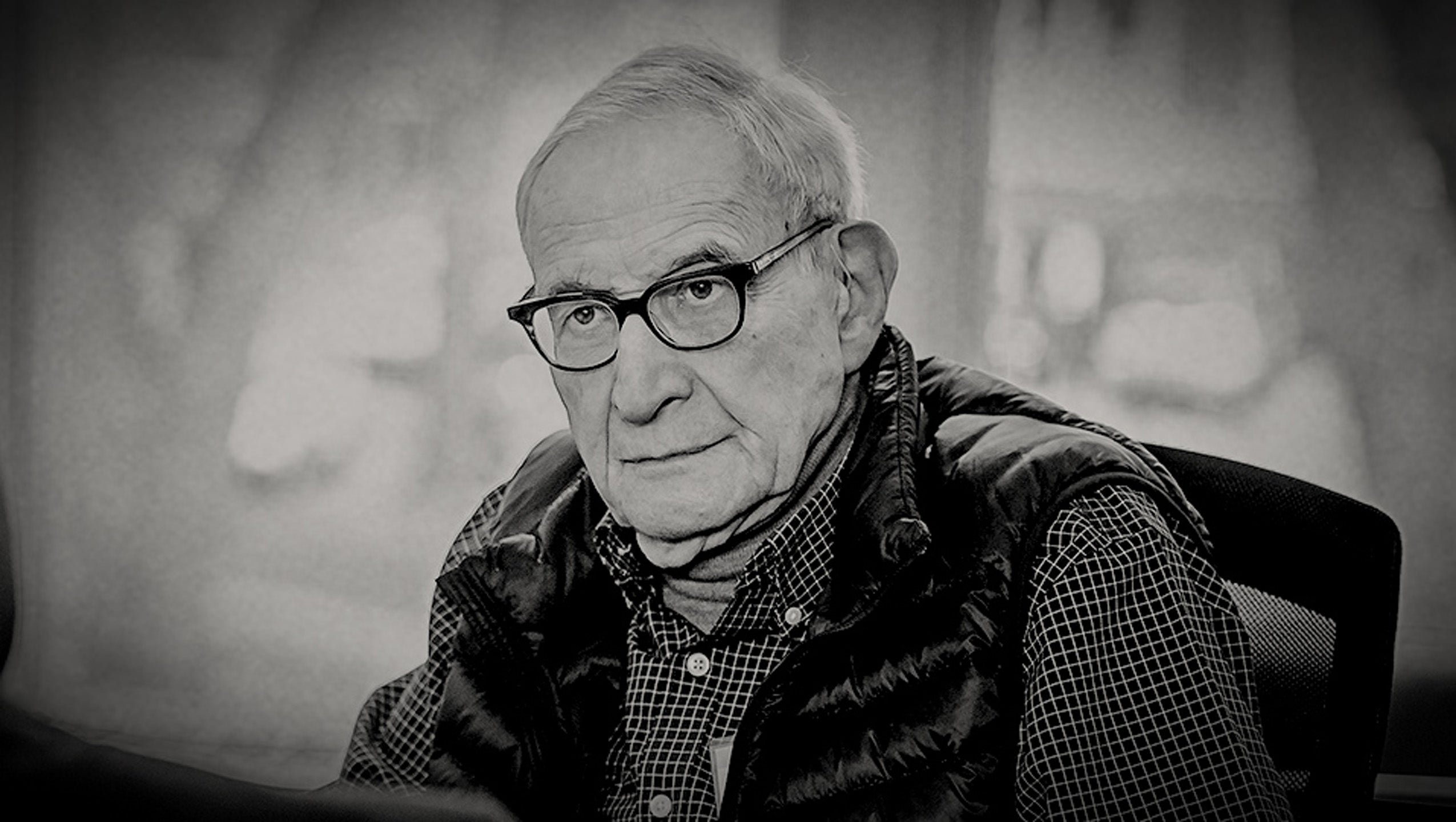
Fried, who served as solicitor general under President Ronald Reagan, has been particularly troubled by what he views as Trump’s “dismantling” of traditional institutions such as the U.S. Postal Service, which in August drew intense public scrutiny over concerns that the mail system itself was being systematically undermined in advance of an election predicted to include an unprecedented number of mail-in ballots. Fried sees in this the manifestation of a broader trend during this administration of White House interference in the inner workings of government institutions that have traditionally functioned with significant autonomy, including the U.S. Department of Justice. “I served in a Republican administration with a Republican attorney general, and he never once attempted to interfere with my conduct of the solicitor general’s office,” he says. “It was just unthinkable. It was never attempted.”
Suk Gersen agrees that the country’s “institutions have decayed a lot” but notes that while she personally harbors significant concerns about the impact that a second Trump administration could have on cherished democratic norms, her views are vehemently challenged by nearly half of the country. “I am fully part of that half of the country that sees things a certain way, and there’s another half that sees things completely the opposite way,” she says. “I read some of their materials and watch some of their broadcasts, and they really are talking in exactly these terms about the opposite results: that if Biden is elected, our country will disappear as we know it.”
Gergen, a former adviser to four presidents of both political parties, is “not prepared to say that if Trump wins, lights out on democracy. That goes too far.” He is concerned, however, with what he views as a kind of “creeping authoritarianism” from the current administration that may grow stronger in a second term. But he has also been “generally encouraged over the years by how well our checks and balances hold, and how well the norms hold.”
From his time in the Nixon White House during the Watergate scandal, Gergen recalls a widespread sense that the “pillars could fall in the republic.” But democratic norms prevailed through a combination of efforts within the Justice Department, the courts and the press. “I would argue that we’ve seen something of the same response during these crises in the last year or two,” he says. For examples, he points to individuals who, because of their roles, are commonly expected to lean conservative. These include prominent military and business leaders who have spoken out against President Trump. Gergen recalls the example set by Ken Frazier ’78, CEO of Merck, who, in response to President Trump’s lukewarm reaction to white nationalist violence in Charlottesville, Virginia, in 2017, publicly distanced himself from the president and resigned from a presidential advisory board. “It took a lot of courage for him to stand up … as the first voice out of the box to say this is unacceptable, and that voice became very, very important,” Gergen says.
Stephanopoulos agrees that our system’s checks and balances are generally working, arguing that if power were more fully vested in a federal government, democratic norms and procedures would suffer more. He is normally a critic of the decentralization of American politics and elections, but in this case, he says it is “one big saving grace that makes things very difficult for would-be authoritarians.” He adds, “Normally I think that American federalism is a huge obstacle to progress, and it is, but the framers’ rationale for this wacky system was to be a bulwark against dictatorship and authoritarianism, and I think it does serve that role pretty effectively.”
* * *
“I’m very encouraged by the long term, especially because it’s becoming increasingly obvious that a great number of young people want to get involved and do it in a constructive way.”
David Gergen
No matter which side ultimately prevails, there is little question that the next four years will be difficult ones, Gergen says. As a “short-term pessimist and a long-term optimist” about this nation, however, he ultimately puts his faith in the next generation. “I’m very encouraged by the long term, especially because it’s becoming increasingly obvious that a great number of young people want to get involved and do it in a constructive way,” Gergen says.
Suk Gersen, too, believes “we’re in a period right now where the voice, the presence, the activism, and the power of the younger generation are very deeply felt in American culture and politics.” Whether young voters’ voices will determine the outcome of the race remains an open question. Either way, they will face the aftermath of the most important election of their lifetimes. Until the next one.
